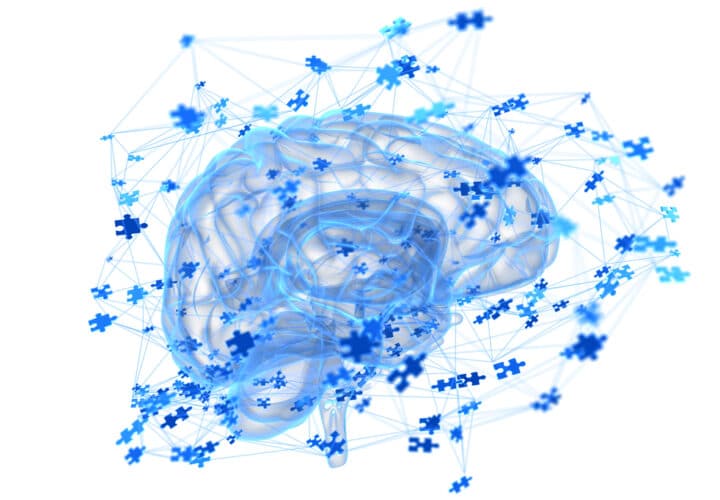A study finds that higher lithium levels in drinking water is associated with reduced dementia rates. But, there are some caveats to this finding.
You may know lithium as the mood stabilizing drug used to treat bipolar disorder. However, it’s also an element naturally found in tap water in varying amounts depending on location. In the United States, for example, it can be found in various geographic areas at levels from undetectable to .170 milligrams per liter. Even at its highest natural levels, it’s still less than one thousandth of what is given as treatment for bipolar disorder. Researchers have now found a connection between lithium levels in drinking water and dementia rate after studying a population of over 800,000 people.
The study, conducted by the University of Copenhagen,
found that a high level of lithium in drinking water
was associated with a 17 percent reduction in dementia rates.
The study, conducted by the University of Copenhagen, found that a high level of lithium in drinking water was associated with a 17 percent reduction in dementia rates. But the study showed that lowering risk of dementia isn’t as simple as adding any amount of lithium to your diet. Moderate levels of lithium in drinking water were shown to increase the risk by 22 percent when compared to low levels of lithium.
Moderate levels of lithium in drinking
water were shown to increase the risk by
22 percent when compared to low levels of lithium.
Striking the delicate balance between lowering dementia risk and preventative levels of lithium could be an important step in finding a way to delay or prevent Alzheimer’s and dementia. Lithium has been shown to be protective in other studies conducted on neurons in a dish and animals. One study found that patients who took lithium for bipolar disorder had increased gray matter on brain scans compared to patients who never took the mood-stabilizing drug. A 2009 study in Japan also found a correlation between high lithium levels and lower suicide rates. The Japanese study authors have speculated that higher levels of lithium help neurons grow and repair themselves, reducing the amount of stress-induced damage.
Here are 12 Ways To Help
Prevent or Delay Dementia
It’s important to note that prevention studies like this one show correlation, but not causation – in other words, there may be factors at play in lowering the dementia rate other than lithium levels in drinking water. However, scientists are hopeful that this study will elicit more research into how lithium dosages can affect the brain.
Read the full write-up by the BBC here.



I think my housband may have Lewy Body decease .